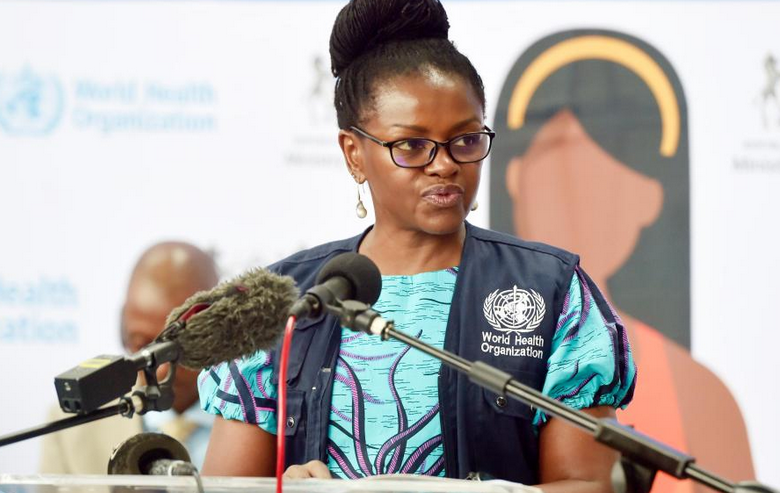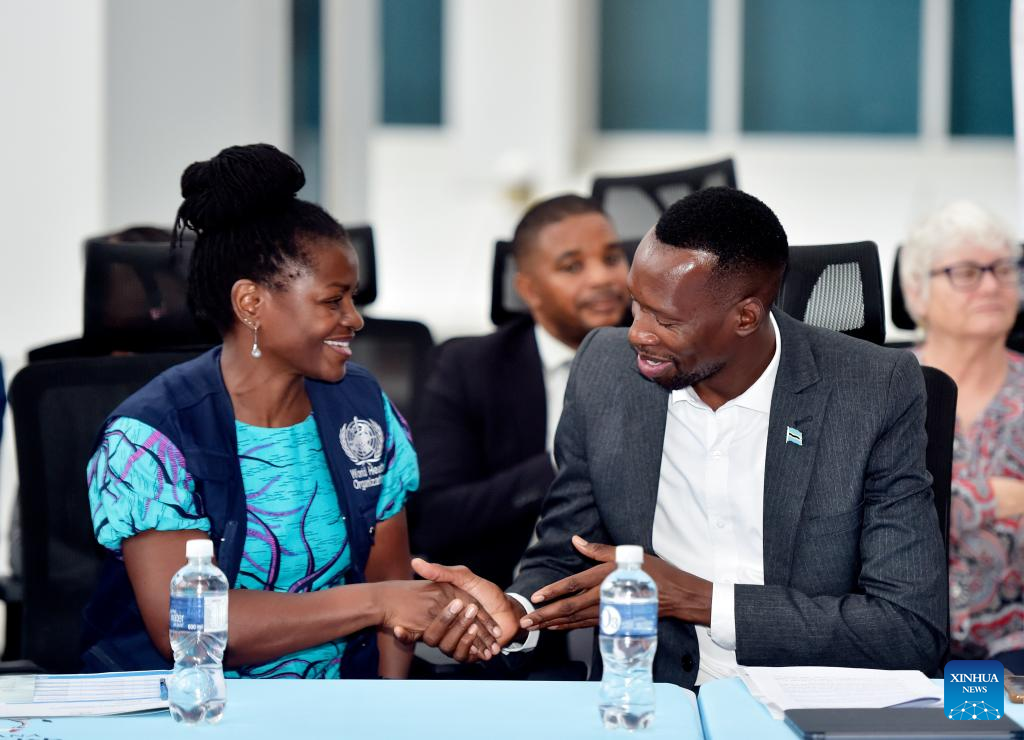

he World Health Organization (WHO) in
Botswana on Monday said cuts in global health funding could have a
severe impact on critical maternal and neonatal healthcare services in
Africa affecting millions. Speaking at the World Health Day
commemoration in Gaborone, the country's capital, Juliet Bataringaya,
officer in charge of WHO Botswana, said underfunded health systems,
infrastructure gaps, and workforce shortages are widening health
disparities, disproportionately impacting women and children. She
noted that programs and medical research focused on maternal and child
health are already being scaled back due to shrinking budgets. According
to Botswana's Ministry of Health, the country's maternal mortality
ratio stood at 175.5 maternal deaths per 100,000 live births in 2022 --
well above the WHO's 2030 target of 70. Historical fluctuations, ranging
between 127 and 240 deaths since 2015, point to persistent challenges. Acting
Minister of Health Lawrence Ookeditse emphasized the need to expand
antenatal care, promote safe deliveries, enhance HIV testing, and
improve the management of pregnancy-related complications. Botswana's
efforts to lower maternal mortality face mounting pressure amid
declining global health funding. Stakeholders are calling for sustained
investment, policy prioritization, and strengthened grassroots health
interventions to protect vulnerable populations and align with
international health goals. The World Health Day, observed
annually on April 7, marks the anniversary of the WHO's founding and
raises awareness of pressing global health issues. The 2025 campaign
centers on maternal and newborn survival under the theme "Healthy
Beginnings, Hopeful Futures."

![[PHOTOS] Kindiki inspects works at regional centre in Kwale](/_next/image?url=https%3A%2F%2Fcdn.radioafrica.digital%2Fimage%2F2025%2F04%2Fc68aa00b-39bc-4214-bafe-80e8e38b1e60.jpg&w=3840&q=100)









